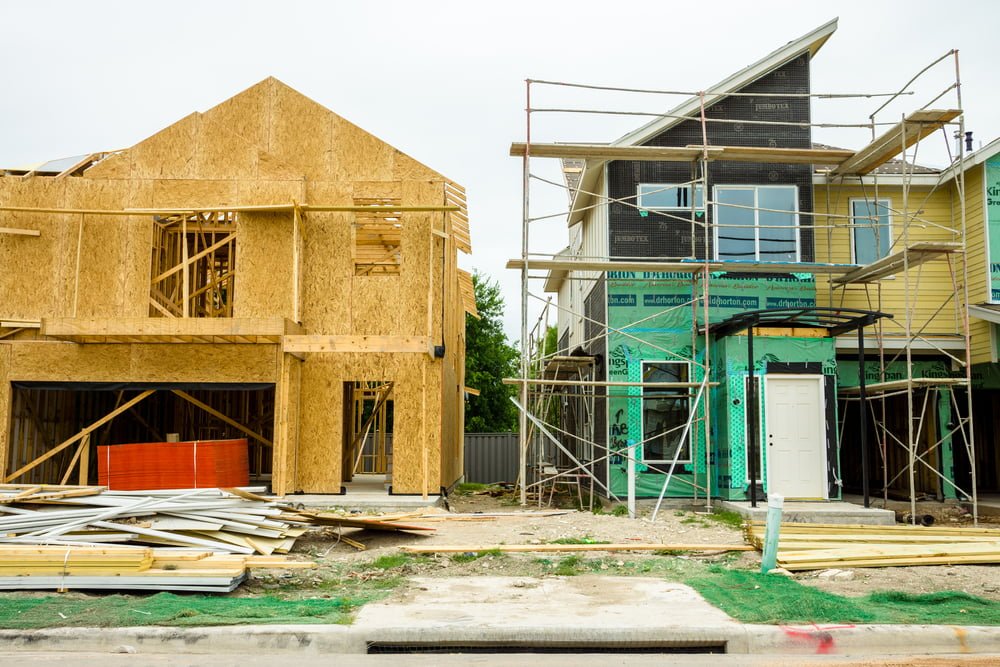Why Rising Rents May Make Homeownership a Smart Move
With rent prices rising so quickly, many renters are now considering homeownership as a more stable alternative. However, buying a home comes with its own set of pros and cons, and it’s important to consider both sides.


